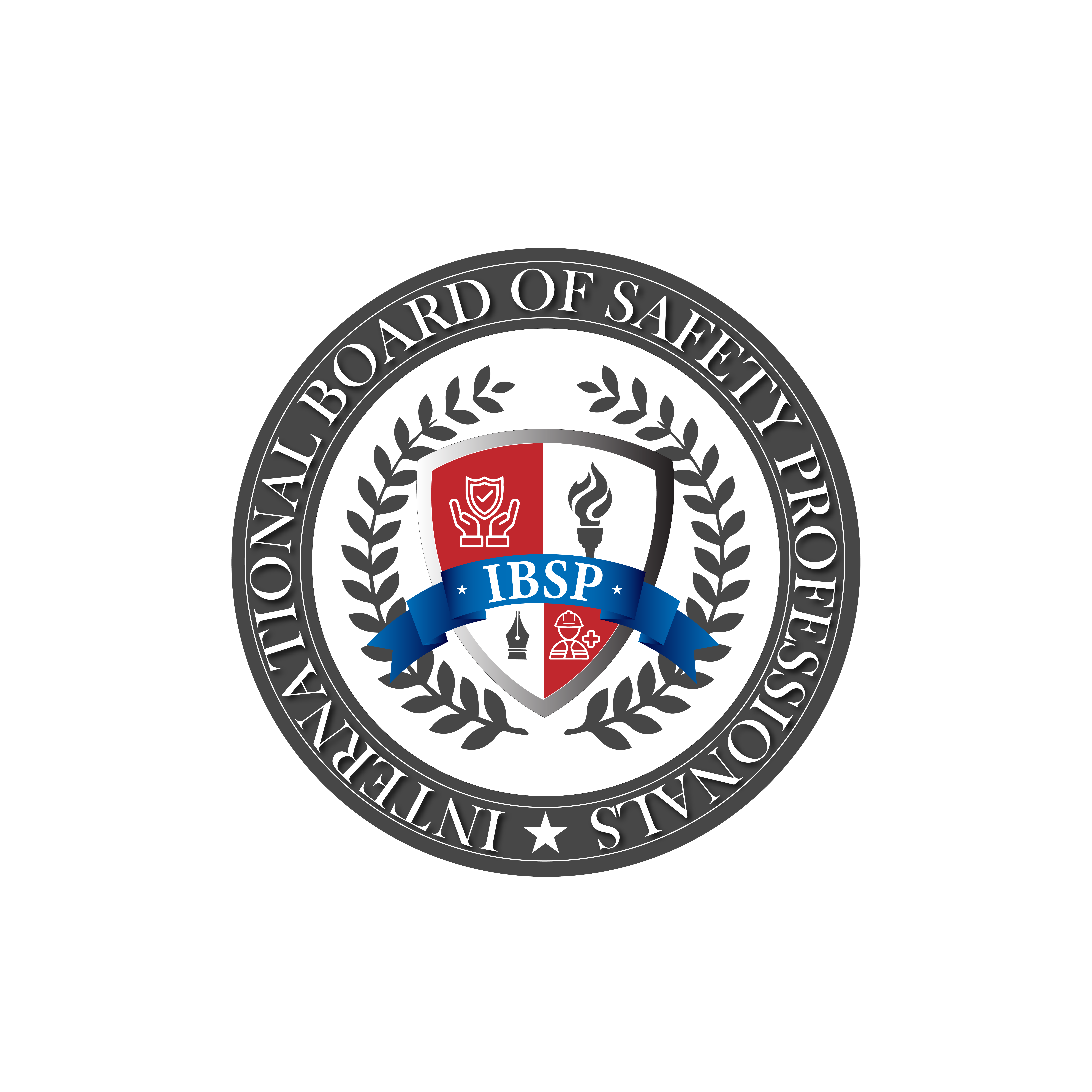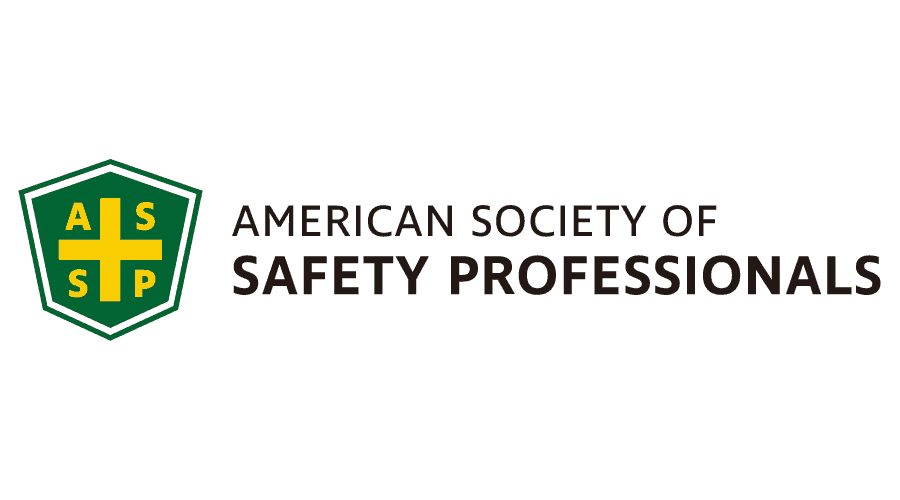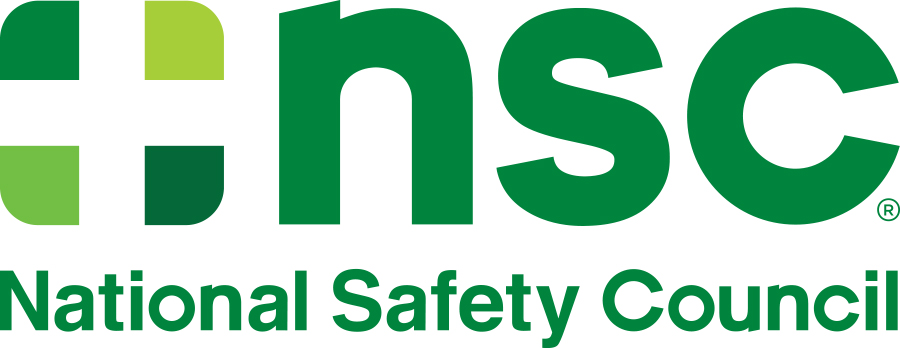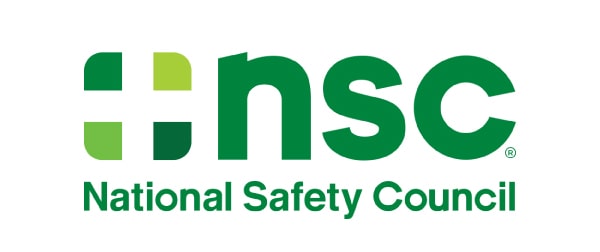IBSP Diploma in Environmental Management
Details About IBSP Diploma in Environmental Management
Course Overview:
The IBSP Diploma in Environmental Management is designed for individuals seeking to understand and manage environmental issues within organizations and industries. This diploma provides comprehensive knowledge in sustainable environmental practices, environmental laws, and impact assessment. Participants will learn key principles of environmental management, including pollution control, waste management, and resource conservation, equipping them to address environmental challenges effectively.
The course covers modules on environmental policies, auditing and compliance, ecosystem preservation, and the impact of industrial activities on natural resources. Through practical exercises and case studies, students explore the development of environmental management systems (EMS), strategies for carbon footprint reduction, and sustainable resource use. This program emphasizes hands-on knowledge for implementing environmentally responsible practices, assessing environmental risks, and ensuring compliance with environmental regulations, making it suitable for those looking to make a positive impact in environmental stewardship and sustainability.
Course Modules:
- IEM-051 Module 1 : Introduction to Environmental Management
- Overview of environmental management principles and practices.
- Understanding global environmental challenges and sustainability.
- The role of environmental management systems (EMS) in organizations.
- Key environmental laws, regulations, and standards.
- EIA-052 Module 2 : Environmental Impact Assessment (EIA)
- Principles and processes of Environmental Impact Assessment.
- Identifying and evaluating potential environmental impacts of projects.
- Mitigation strategies and developing EIA reports.
- Legal requirements and stakeholder engagement in EIA.
- WMR-053 Module 3 : Waste Management and Resource Recovery
- Principles of waste management and the waste hierarchy.
- Strategies for reducing, reusing, and recycling waste.
- Hazardous waste management and disposal methods.
- Resource recovery and the circular economy.
- EAC-054 Module 4 : Environmental Auditing and Compliance
- Planning and conducting environmental audits.
- Identifying non-compliance and areas for environmental improvement.
- Environmental performance indicators and reporting.
- Ensuring compliance with environmental regulations and standards.
- ERM-055 Module 5 : Environmental Risk Assessment and Management
- Identifying and assessing environmental risks.
- Risk management strategies in environmental planning.
- Developing and implementing environmental risk management plans.
- Monitoring and reviewing environmental risks.
- EMS-056 Module 6 : Environmental Management Systems (EMS)
- Designing and implementing an Environmental Management System (e.g., ISO 14001).
- Key components of an EMS, including policy, planning, and operational control.
- Continuous improvement and management review in EMS.
- Certification processes and maintaining an effective EMS.
Who Needs IBSP Diploma in Environmental Management ?
- Environmental managers and officers in various sectors.
- Health, Safety, and Environment (HSE) professionals.
- Individuals responsible for implementing environmental policies.
- Engineers and consultants working in environmental and sustainability roles.
- Professionals in industries like manufacturing, energy, and construction.
What Are the Benefits of IBSP Diploma in Environmental Management ?
- Gain comprehensive skills in environmental management and sustainability practices.
- Learn to implement and manage environmental management systems (EMS).
- Improve understanding of environmental laws and compliance requirements.
- Enhance career opportunities in environmental and sustainability roles.
- Contribute to organizational efforts in reducing environmental impact.
Assessment Systems:
The assessment structure includes:
- Practical assignments and projects related to environmental impact assessments
- Case studies on sustainable practices and regulatory compliance
- A final examination to assess theoretical and practical knowledge
Course Duration:
The program is designed to be completed in 3-6 months.















